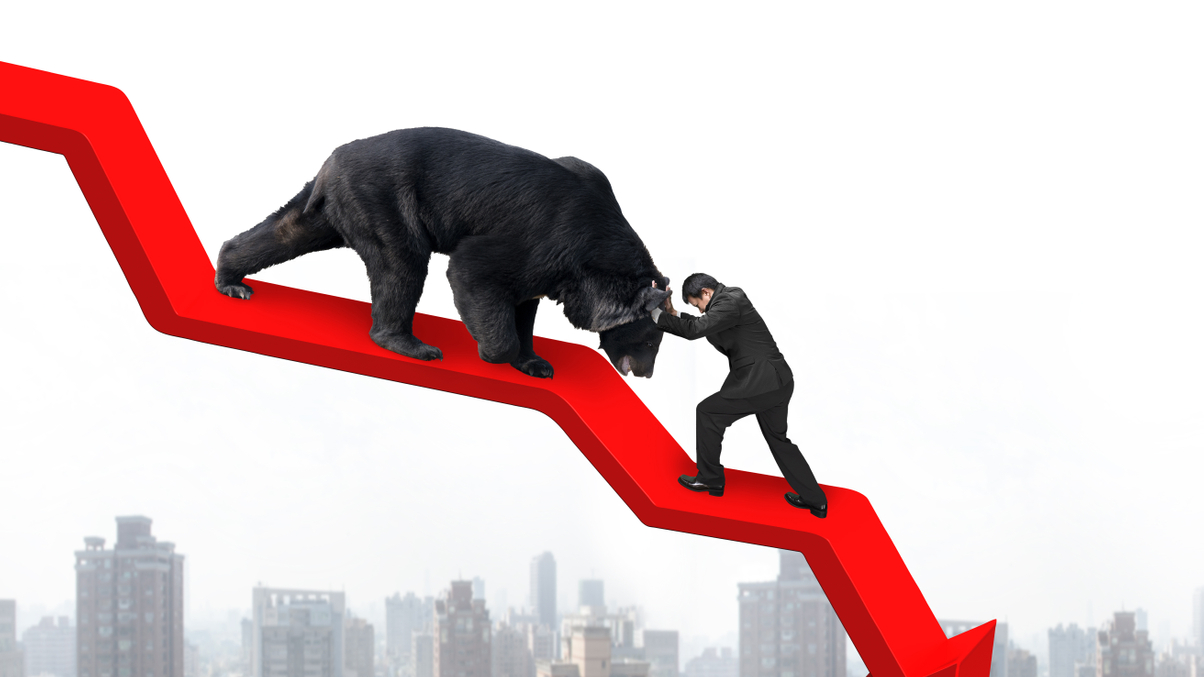China syndrome: slow growth brings back Beijing's pragmatism
China's slowing economy and its zero-Covid strategy are causing foreign investors and businesses to take stock.

With the Chinese economy projected to grow just 3.5% this year - down from a previous forecast of 3.9%, according to Bloomberg's latest quarterly review - regional investors and foreign businesses in China are increasingly concerned about the risk of prolonged recession in the world’s largest economies.
Sign in to read on!
Registered users get 2 free articles in 30 days.
Subscribers have full unlimited access to AsianInvestor
Not signed up? New users get 2 free articles per month, plus a 7-day unlimited free trial.
¬ Haymarket Media Limited. All rights reserved.


